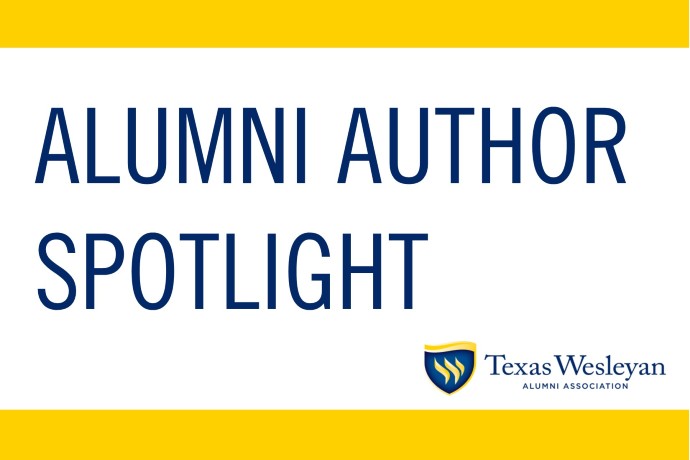Alumni Author Spotlight: Amy Condon ’90

Did you know that many Texas Wesleyan alumni are published authors? We love to highlight the successes of our alums and are featuring several TXWES writers over the coming weeks.
Amy Condon ‘90 studied journalism and political science at TXWES, served on the Rambler staff and was a member of Phi Mu sorority. She is a freelance writer who currently teaches creative writing courses and provides editorial services at the Refinery Writing Studio in Savannah, Georgia. She has co-authored two cookbooks and serves as associate editor of a quarterly publication produced by Savannah Morning News.
Her most recent book, A Nervous Man Shouldn’t Be Here in the First Place, is a biography of late Miami News editor Bill Baggs, and will be available in October. Amy credits her time at Texas Wesleyan for inspiring her love of journalism and political affairs.
Here’s more of what Amy had to say about her newest book and the writing process:
Tell us about the subject of your latest book.
Bill Baggs was one of the most influential newspaper editors of the 20th century that almost no one has ever heard of. He led on civil rights and environmental and historic preservation, broke the Cuban Missile Crisis story and fought hard in his daily column for peace in Vietnam. He was also the last U.S. journalist to interview Ho Chi Minh.
How did your time at Texas Wesleyan help inspire this book?
When I think back to my years at Texas Wesleyan, I can see how the seeds for writing this book first blossomed. I wrote papers on Cold War relationships, specifically the Bay of Pigs and the Cuban Missile Crisis during classes with Dr. Ibrahim Salih and Dr. Margaret Patosky. Dr. Michael Sewell's course on the mass media of the Vietnam War was a revelation for me, as was his History of Pop Culture course, which was truly a study in modern-day humanities, weaving music, film, politics, art and literature together.
I remember my uncle teasing me that I was taking classes akin to underwater basket-weaving, but now he understands how foundational they were for me as I pursued writing this biography.
What advice do you have for aspiring writers?
The most important quality any writer can have is curiosity. Curiosity allows you to ask, "What if..." or "Why?" and that leads to all manner of storytelling, fiction or nonfiction. It also propels you to learn as much as you can about processes, such as the submission or proposal guidelines required by agents or editors.
I've also found taking improv classes tremendously beneficial. The mindset of accepting what is, rolling with it, then saying "Yes, and ..." removes the resistance that invariably comes when you sit down and stare at a blank page, which you do every time you start a new sentence or story.
There is no shortcut to the writing process. You have to study the craft of beautiful sentences, powerful beginnings, the underlying architecture of narrative structure. You must be an unrepentant eavesdropper to soak up the nuance of dialogue — what's being said on the surface and in the silences. You have to sit down in that chair (or stand up at that adjustable desk), quiet all of the voices telling you something is more important in that moment and put down the words.
If you or a fellow alumnus has a published work, contact the alumni office at alumni@txwes.edu to be considered for future feature stories.







